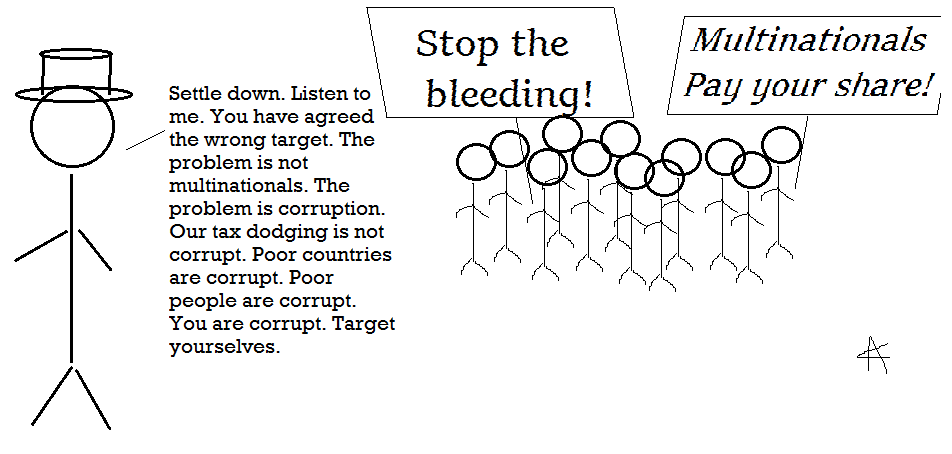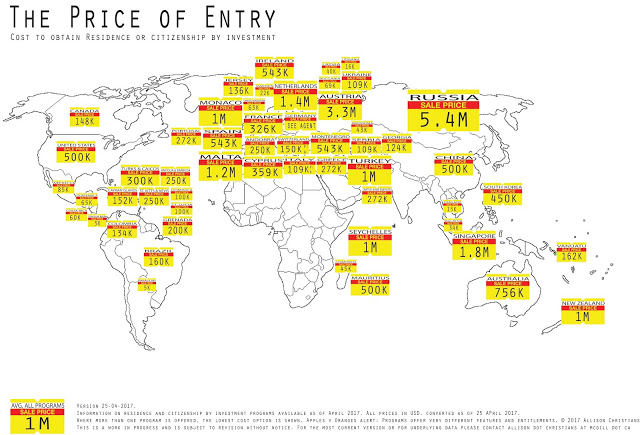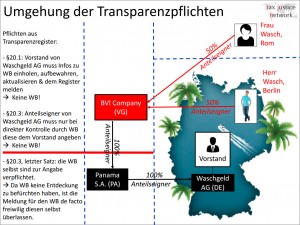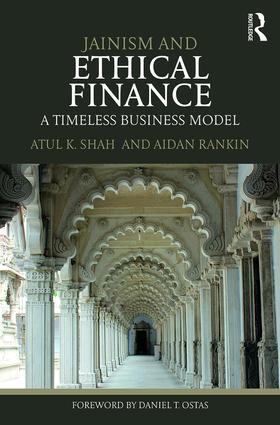
Matti Ylönen
A guest blog authored by Matti Ylonen [University of Helsinki and Aalto University Business School].
The European Parliament is currently debating a proposal for public country-by-country reporting (CBCR), and the vote was recently postponed to later in June. Under the original proposal of the European Commission, the reporting requirement would be restricted only for Multinational Enterprises (MNEs) with an annual turnover of 750 million euros or more. This would leave out some 85–90 percent of MNEs – a major problem that would also treat MNEs differentially.
One key argument against public CBCR has been that it would endanger confidential business, industrial, commercial or trade secrets to competitors. The Association of European Chambers of Commerce and Industry, for one, has claimed that public CBCR “would allow foreign companies to draw conclusions on trade secrets and the potential of market exploitations of their competitors.”
This argument does not hold water. Some of the reasons for this were elaborated in a Q&A published in 2016 by the Financial Transparency coalition. Moreover, as Arthur J. Cockfield and Carl D. MacArthur have explained in their 2015 article in the Canadian Tax Journal:
“none of the financial information mandated by CBCR, in either the maximalist or the minimalist version, would constitute a trade, business or other secret as defined by the OECD in the commentary on the model [tax] treaty”.
In addition to these arguments, one often omitted fact is that financial accounts can already be purchased from most of the key countries where MNEs conduct actual business (in contrast with especially smaller tax havens that are more often used primarily for financing and holding arrangements). One problem is however that conducting these kinds of analyses is very costly. Furthermore, analysing financial accounts is time consuming and requires specialized expertise.
Together, these hindrances makes the information contained in these national accounts effectively inaccessible to most investors, politicians and the members of the public. There is one group, however, that does have the capacity for these kinds of investigations; the big MNEs themselves. They can easily hire a Big 4 tax advisory company to perform an analysis of their competitors’ business models, or conduct a similar study in-house.
Of course, this kind of analysis would still have gaps that public CBCR would ultimately address. As for example, there can be some differences between national reporting requirements and those covered by CBCR. Moreover, many developing countries would not be covered, and more crucially, financial accounts from most of the secrecy jurisdictions would be inaccessible.
However, these secrecy jurisdictions are mostly used for internal financing structures, which are well known in the industry and therefore do not qualify as a trade, business, commercial or industrial secrets. As a matter of fact, these financing arrangements are hardly secrets anyway, since the Big 4 tax advisory firms design most of these structures and market them actively to any major MNE showing interest.
Combining the arguments put forward here and by Cockfield and MacArthur, is is easy to conclude that the trade secrecy argument is severely flawed.
How about the other central argument, namely the EU-level commitment to reduce the administrative burden of MNEs? This argument does not hold either. According to the European Commission:
Administrative costs mean the costs incurred by enterprises, the voluntary sector, public authorities and citizens in meeting legal obligations to provide information on their activities (or production), either to public authorities or to private parties. They are different from compliance costs which stem from the generic requirements of the legislation, such as costs induced by the development of new products, or processes that meet new social and environmental standards.
An important distinction must be made between information that would be collected by businesses even in the absence of the legislation and information that would not be collected without the legal provisions. The former are called administrative costs; the latter administrative burdens. The Commission’s Better regulation strategy is aimed at measuring administrative costs and reducing administrative burdens.
The great majority of the information contained in CBCR reports would be collected in any case by MNEs – therefore, they are administrative costs and not administrative burdens. Hence, this argument is not valid either. To further emphasise this, whatever IT costs would incur would be negligible compared to the size and resources of the MNEs that the directive would cover. This was also highlighted by assessments quoted in the aforementioned study by the Financial Transparency Coalition.












